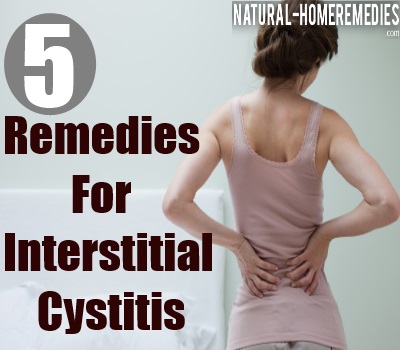How to Cure Cystitis

Regardless of the cause, you may be wondering how to cure cystitis. Fortunately, you are not alone. Millions of people suffer from this condition each year. Several simple steps will help you treat your symptoms and keep the pain at bay. Read on to find out how to cure cystitis. If you are suffering from this issue, you’re not alone. There are many other women who are struggling with the same problem.
First, visit your doctor. Your doctor will check your vital signs, perform a physical exam, and do a urine analysis to determine whether or not you have an infection. Often, your doctor will do a urine culture or collect a catheterized specimen. These tests will reveal the type of bacteria causing your cystitis. Your doctor will likely prescribe an oral antibiotic. You might also need to undergo other tests.
If you have acute cystitis, your doctor will prescribe antibiotics to clear the infection. Herbal products and home remedies can be used to treat symptoms. However, they are not scientifically proven. If you have mild symptoms, your doctor may recommend using an estrogen vaginal cream to reduce the acidity of your urine. Medications are also available to treat cystitis caused by bacteria.
The doctor will also prescribe antibiotics. If antibiotics are not effective, your doctor may refer you to a urologist. They will prescribe a course of antibiotics to clear up the infection. Your healthcare provider can then prescribe the appropriate medication. Treatment for cystitis is usually short-term, three to seven days. However, some patients require more time. Therefore, be sure to visit a doctor to discuss treatment options.
If the symptoms do not go away within a few days, the doctor may prescribe antibiotics. Some pharmacies will do urine tests and give you antibiotics if you have a bacterial infection. Some of these medications will clear the cyst in three to seven days. A longer course may be needed if you have other conditions. It is important to discuss the risks and benefits of these medications with your doctor.
If your symptoms do not improve after a couple of days, see your doctor. If symptoms persist, a doctor may prescribe an antibiotic to help relieve pain. If the pain persists, it is best to see a doctor. It is extremely important to be treated as soon as possible. The sooner you feel relief, the sooner you will feel better. If you have a urinary tract infection, your doctor can treat your cystitis and prescribe treatment.
Your doctor will likely do a urine test. The results will depend on the cause of the infection and the symptoms of the cystitis. In many cases, your doctor can use a simple dipstick to detect a bacterial infection. A sterile needle may be needed for a more accurate diagnosis. Your doctor will often recommend taking a sample of a mid-stream urine sample. This is a very good way to determine if you have a bacterial infection.
You can also take a urine test. This can be done at home with a simple probe. Insert a sterile sheet of paper into the bladder. This will help the doctor confirm the diagnosis and type of bacteria causing the cystitis. The test strip results will be sent to the lab or may be returned to you at your doctor’s office within a day.
The doctor may also do a urine test to check for bacteria. If you have a bacterial infection, visit Mother and Care for natural supplements and antibiotics to treat the infection. An antibiotic will be prescribed for the duration of the infection. There are also other tests that can confirm that your cystitis is a bacterial infection. Your doctor will be able to tell you which one is causing your infection by looking at your urine.
Although cystitis is often caused by bacteria, women can also become infected as a result of an allergic reaction. These infections can be caused by a variety of things, including a weakened immune system. As a result, you will need to see a doctor and get additional advice on treating and preventing cystitis at Cera if your symptoms are due to a bacterial infection. You may want to seek medical attention to address the underlying cause. Antibiotics are not always the best treatment for cystitis.
